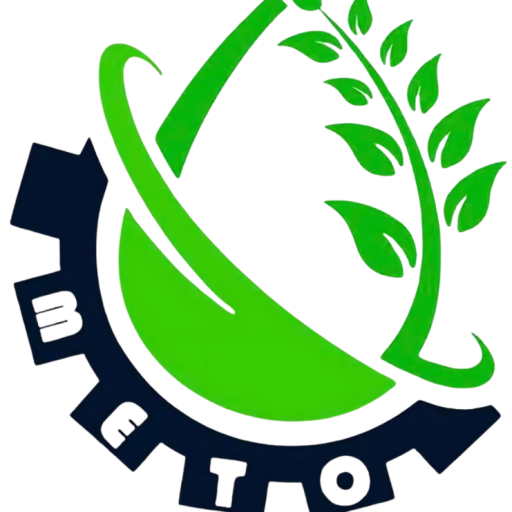
The oil, gas, and petrochemical industries are foundational pillars of the global economy, supplying energy and materials essential for modern life. Petroleum and natural gas currently account for approximately 70% of the world’s energy needs, with crude oil contributing around 45% and natural gas 25% . These industries not only fulfill energy demands but also provide raw materials for a variety of crucial applications, including manufacturing and advanced chemical processes.
The oil and gas industries are typically divided into three segments:
This phase involves the exploration and extraction of crude oil and natural gas, utilizing advanced technologies to locate and produce energy resources. The availability of these resources heavily impacts global markets and the strategic policies of nations worldwide.
The midstream segment focuses on the transportation and storage of crude oil and natural gas through pipelines, ships, and storage facilities. Efficient transportation ensures a stable supply chain to refineries and end-users across the globe.
The downstream sector is responsible for refining crude oil into energy products like gasoline, diesel, and jet fuel. It also produces raw materials for the petrochemical and manufacturing industries, including plastics, fertilizers, and other chemical derivatives.



The petrochemical industry derives its products primarily from hydrocarbons found in crude oil and natural gas. These products serve as essential building blocks for various industries, such as:
By converting these hydrocarbons into value-added products, the petrochemical industry drives innovation and economic growth.
Environmental Concerns: Air pollution, water contamination, and carbon emissions are major byproducts.
Geopolitical Tensions: Dependence on oil-rich regions can create instability and price fluctuations.
Technological Innovations: The shift to cleaner and more efficient extraction and refining methods continues to evolve, improving sustainability.
Economic and Social Challenges :The industries also face significant interactions with people and economies, creating additional hurdles
Innovations in gas treatment, compression technologies, and storage systems have significantly improved the efficiency of the oil, gas, and petrochemical sectors. For instance:
These advanced processes ensure that hydrocarbons are stored safely and transported efficiently.
The oil, gas, and petrochemical industries remain pivotal in shaping global economies and energy security. While addressing environmental issues and pushing for renewable energy solutions, these industries continue to adapt to meet rising energy demands. Their persistent evolution and integration of sustainable practices will define their relevance in a future transitioning toward more sustainable energy sources (source).

At METO B.V, we are more than just a trading company; we are a bridge between world-class manufacturers and international markets.
